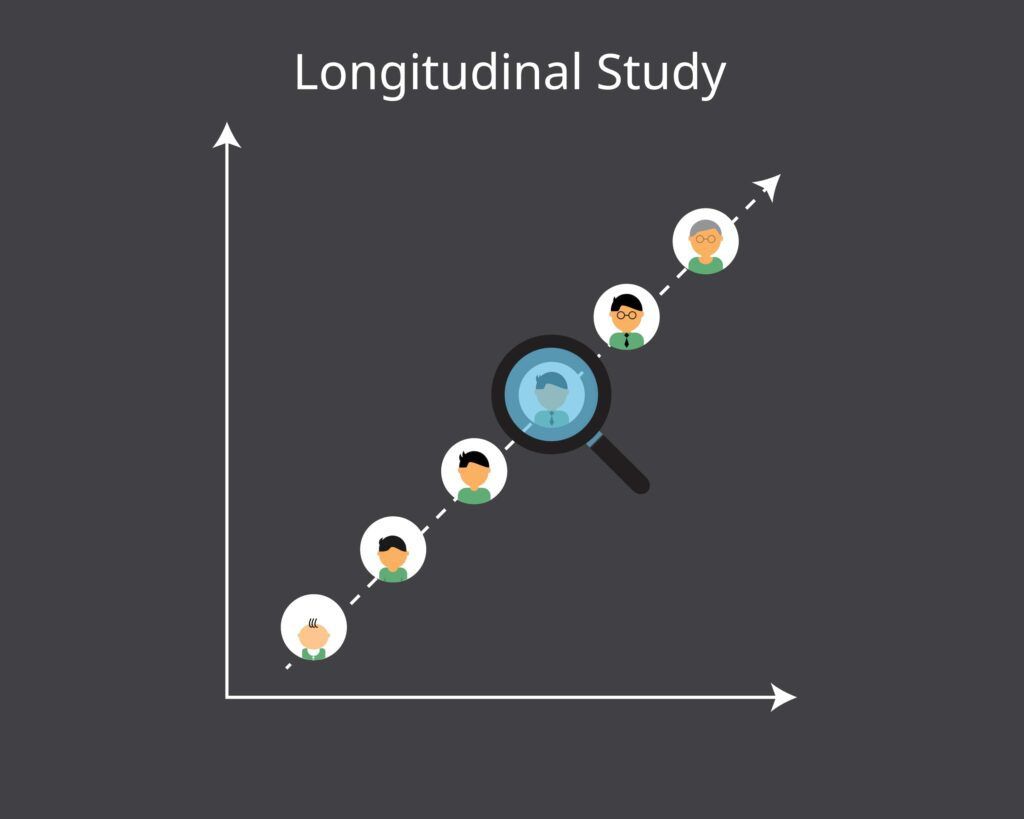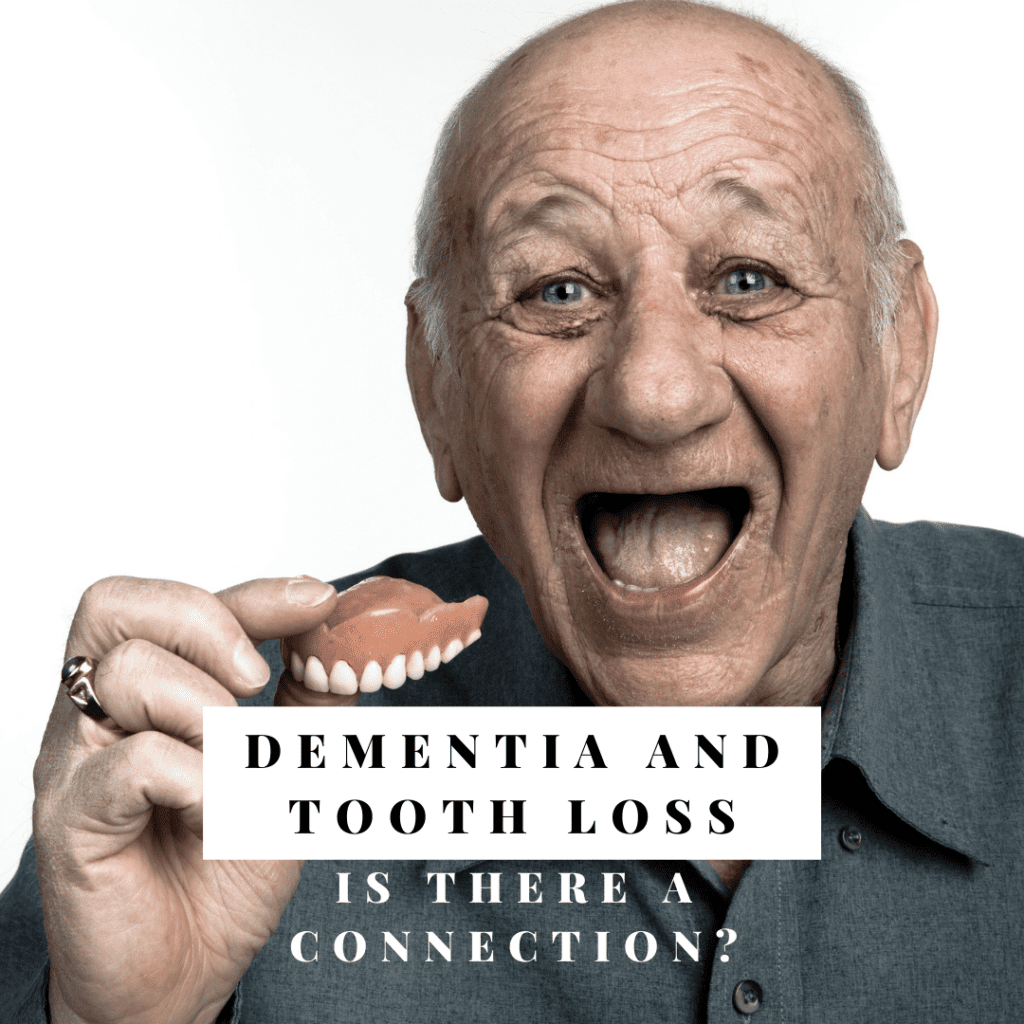Tooth loss and dementia are two problems that commonly affect older adults. The Centers for Disease Control and Prevention (CDC) note that as many as 1 in 6 adults over the age of 65 have no natural teeth. The CDC also notes that as many as 5 million adults over the age of 65 are affected by dementia. Although these conditions are generally perceived as being independent of one another, a recent study has identified a possible connection between the two.
Did You Know?
Dementia is not a disease, rather it is a collection of symptoms that can include: memory loss, problems with thinking, and an impaired ability to make decisions. Alzheimer’s Disease is the most common type of dementia.

The Study
On July 8th, 2021, researchers at the New York University Rory Meyers College of Nursing published findings in the Journal of Post-Acute and Long-term Care Medicine that presented tooth loss as a risk factor for cognitive impairment and dementia. To reach this conclusion, researchers analyzed longitudinal studies of tooth loss and cognitive impairment. They analyzed 14 different studies that included 37,074 adults and 4,689 cases of adults with diminished cognitive function.
The Results
Findings from the study are as follows:
- Adults with more tooth loss had a 1.48 times higher risk of developing cognitive impairment
- Adults with more tooth loss had a 1.28 times higher risk of being diagnosed with dementia, despite controlling for other factors
- Adults with missing teeth were more likely to be affected by cognitive decline if they did not have dentures (23.8% of individuals without dentures were more likely to have cognitive impairment, compared to only 16.9% of individuals with dentures.
- A larger amount of missing teeth was associated with a higher risk for cognitive decline (each additional missing tooth increased the risk of cognitive impairment by 1.4% and the risk of being diagnosed with dementia by 1.1%)
“…[the] relationship between the number of missing teeth and risk of diminished cognitive function substantially strengthens the evidence linking tooth loss to cognitive impairment, and provides some evidence that tooth loss may predict cognitive decline”
-Xiang Qi, a doctoral candidate at NYU Meyers
How are Tooth Loss and Cognitive Decline Related?

Although a connection between tooth loss and cognitive decline has been suggested by this research, researchers are unsure as to the exact explanation for this connection. Currently, there are a few theories that they have mentioned, including:
- Nutritional deficiencies caused by an impaired chewing ability due to missing teeth.
- A possible connection between gum disease and cognitive decline. Severe gum disease is also the leading cause of tooth loss in adults.
- Life-long socioeconomic challenges that are risk factors for both tooth loss and cognitive decline.
Can Good Oral Health Decrease the Risk of Cognitive Decline?

Currently, there is no known cause of dementia. However, it is believed that there are certain factors that can increase one’s risk of developing dementia. Age is the strongest risk factor for dementia, however other risk factors include: genetics, race/ethnicity, past or present head injuries, smoking, and health conditions such as high blood pressure and high cholesterol.
The findings from this study, however, identify tooth loss as another risk factor for cognitive decline and dementia. Bei Wu, PhD and the study’s senior author notes, “Our findings underscore the importance of maintaining good oral health and its role in helping to preserve cognitive function”. With that being said, improving your oral health could very well decrease your risk of cognitive decline.
To Sum It Up:
The connection between tooth loss and cognitive decline suggests that improving or maintaining one’s oral health can decrease the risk of cognitive decline. Although this research found that toothless individuals were more likely to have reduced cognition, people who replaced their missing teeth with dentures were affected less. There is no known cure for dementia so improving your oral health may be one way you can help reduce your risk of developing dementia.


